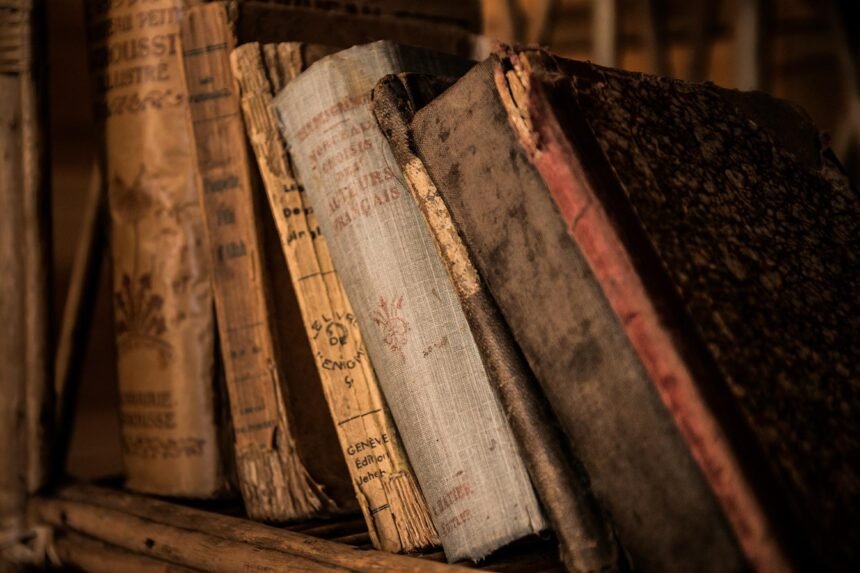Classical literature stands as a testament to the enduring power of storytelling and the exploration of the human experience. These works, often considered the backbone of literary tradition, have withstood the test of time, transcending cultural and temporal boundaries. From ancient epics to philosophical treatises, classical books continue to captivate readers, offering insights into the complexities of human nature and the world around us.
The Odyssey – Homer:
One of the foundational works of classical literature is “The Odyssey” by Homer. This ancient Greek epic follows the hero Odysseus on his arduous journey home after the Trojan War. Filled with mythical creatures, gods, and the hero’s struggle for survival, “The Odyssey” explores themes of perseverance, cunning, and the quest for identity. Its influence can be seen in countless later works, shaping the very essence of storytelling.
Hamlet – William Shakespeare:
Moving forward in time, the works of William Shakespeare, particularly “Hamlet,” have left an indelible mark on literature. Written in the early 17th century, “Hamlet” delves into the complexities of human psychology, existentialism, and the moral dilemmas faced by its protagonist. The timeless nature of its themes ensures that “Hamlet” remains relevant to audiences across centuries, making it a cornerstone of classical literature.
Pride and Prejudice – Jane Austen:
In the realm of 19th-century literature, Jane Austen’s “Pride and Prejudice” stands as a classic of romantic fiction. Through the lens of social satire, Austen explores themes of love, class, and societal expectations. The novel’s enduring popularity can be attributed to its witty commentary on the intricacies of relationships and the timeless appeal of its characters.
Crime and Punishment – Fyodor Dostoevsky:
Russian literature also boasts timeless classics, with Fyodor Dostoevsky’s “Crime and Punishment” as a prime example. Published in 1866, the novel delves into the psychological turmoil of its protagonist, Raskolnikov, as he grapples with guilt and redemption after committing a heinous crime. Dostoevsky’s exploration of morality and the human psyche ensures the continued relevance of this masterpiece.
To Kill a Mockingbird – Harper Lee:
In the 20th century, Harper Lee’s “To Kill a Mockingbird” emerged as a modern classic, addressing issues of racial injustice and moral growth in the American South. The novel’s enduring impact lies in its exploration of empathy, justice, and the complexities of human behavior, making it a vital addition to the canon of classical literature.
Classical literature, spanning diverse cultures and time periods, continues to shape our understanding of the human condition. Whether it’s the ancient epics, Shakespearean dramas, or 20th-century novels, these works offer timeless insights and resonate with readers across generations. As we navigate the ever-changing landscape of literature, the enduring appeal of classical books remains a testament to the universality of human experience and the power of storytelling.







